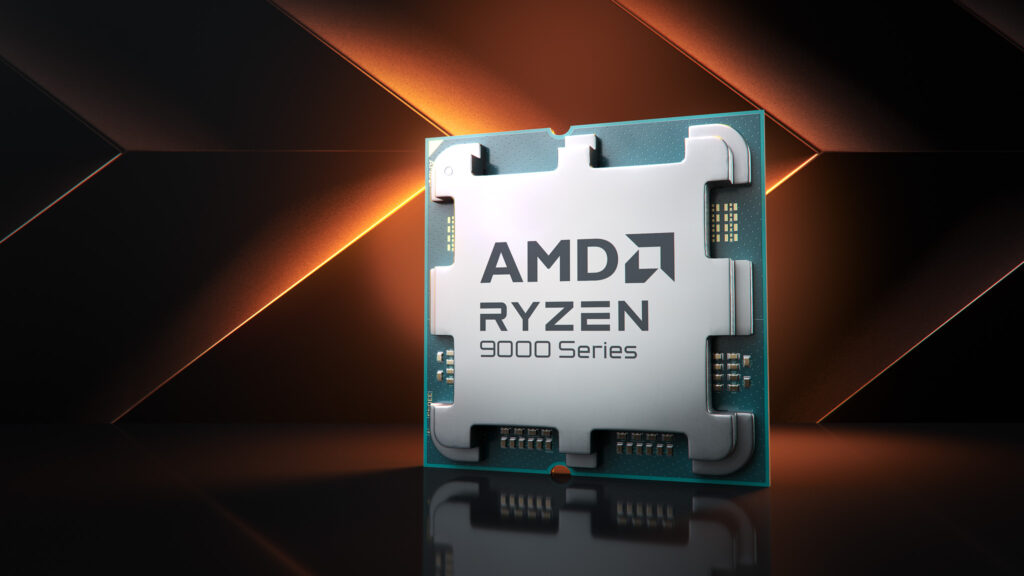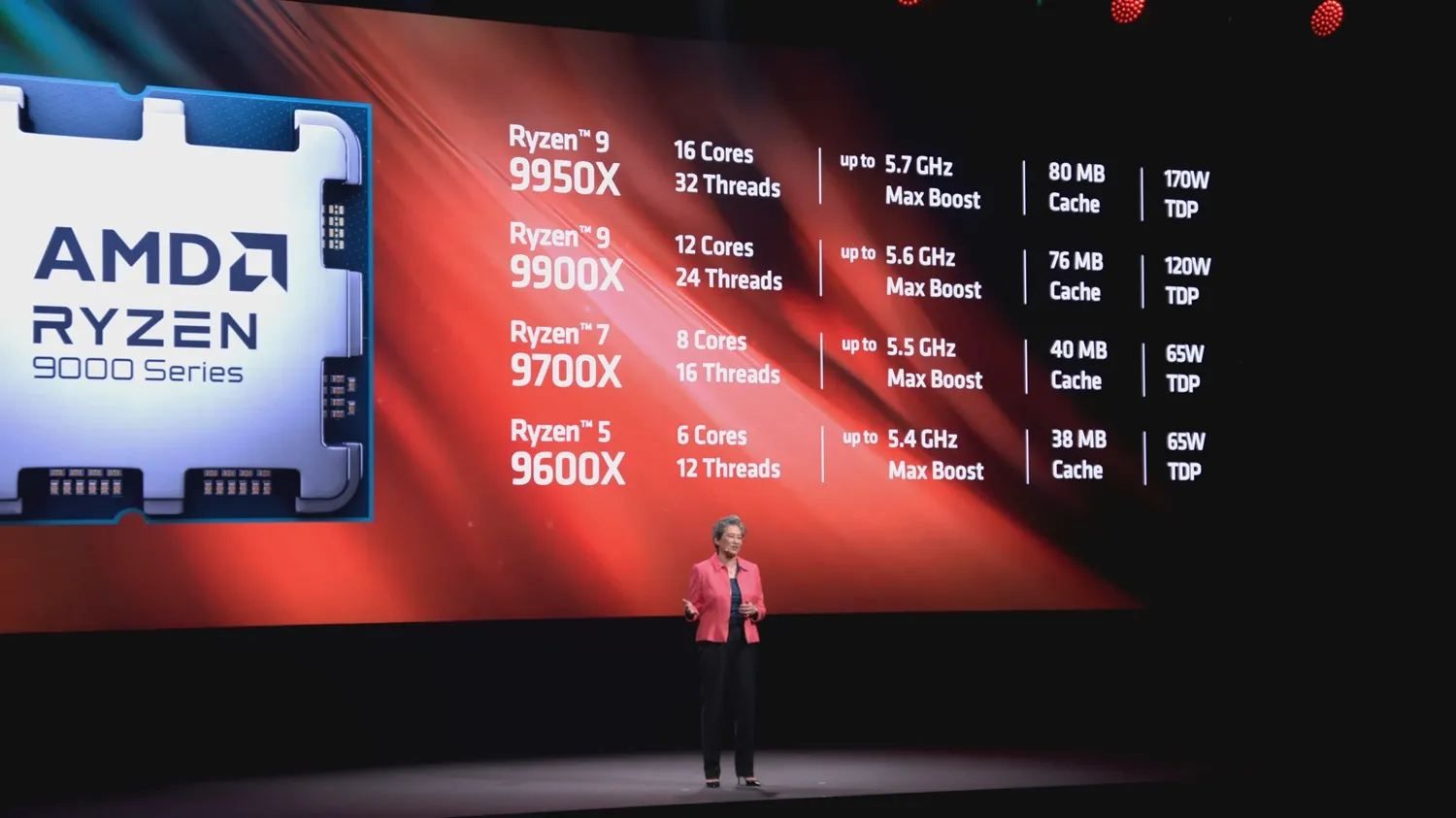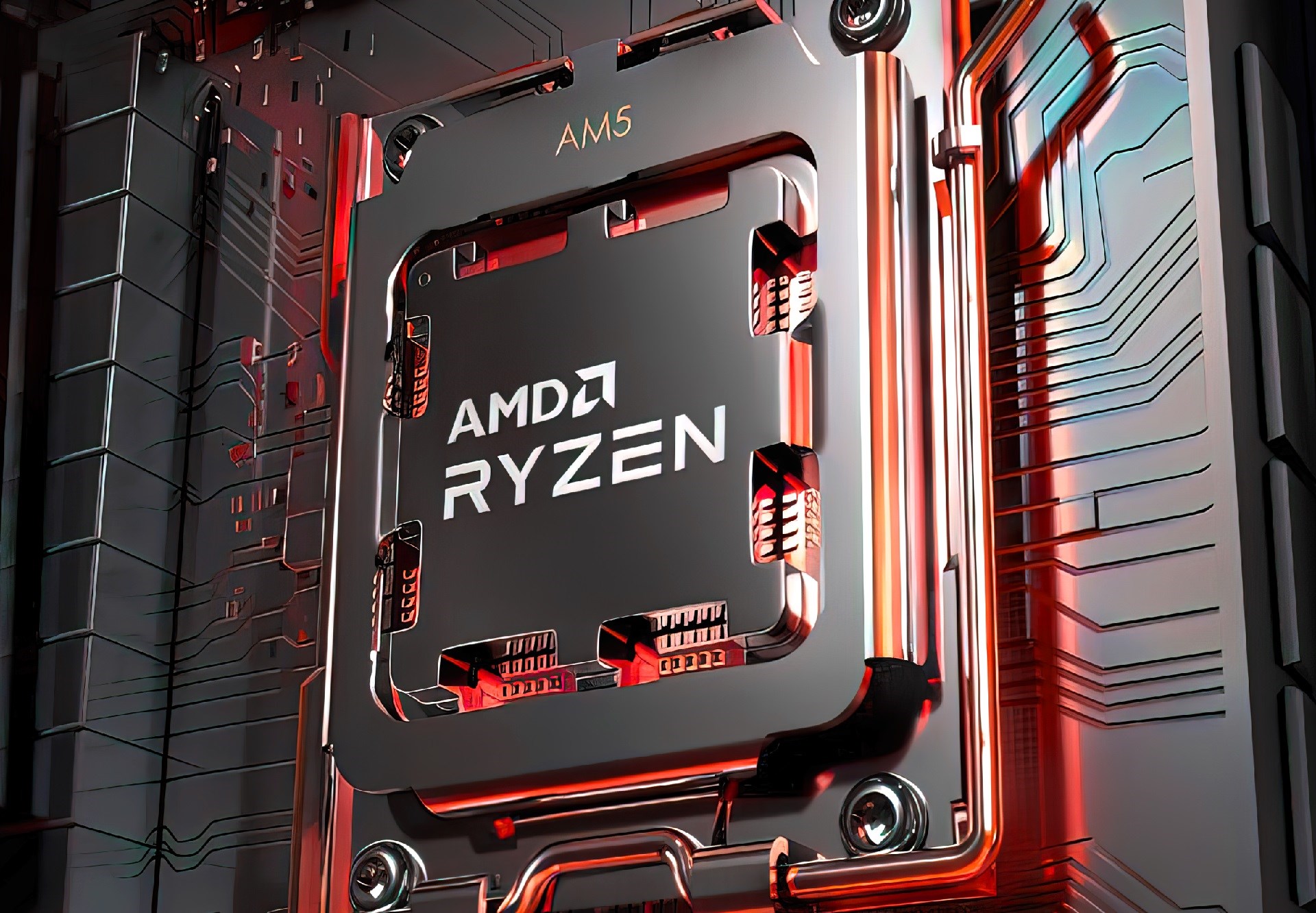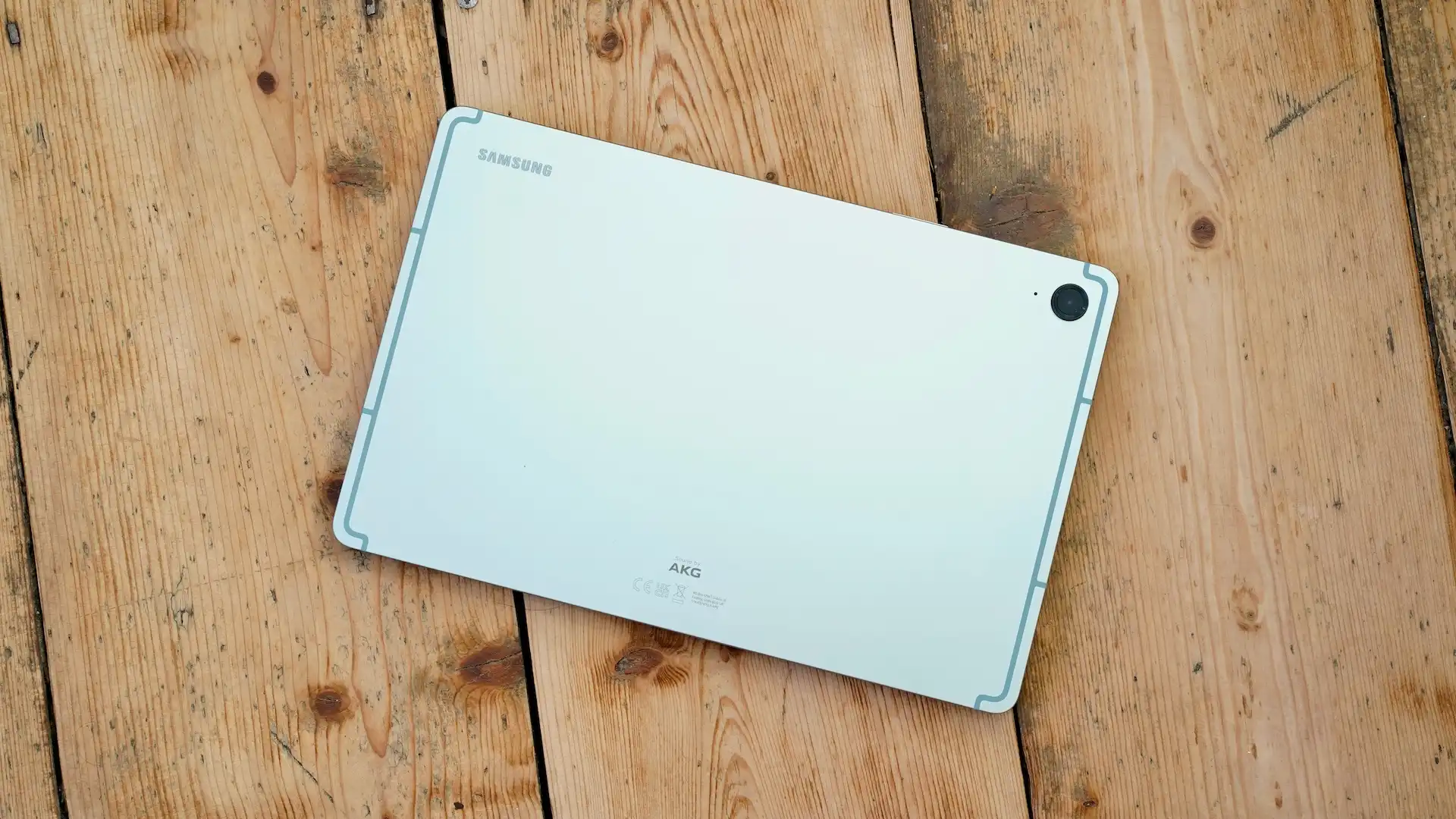
The arrival of the Ryzen 9000 series generated significant excitement among PC enthusiasts, particularly gamers. However, the initial reception was lukewarm, with reviews showing only modest gains compared to the previous generation. These results fell short of AMD’s ambitious in-house benchmarks, leading to some disappointment. AMD attributed this discrepancy to differences in testing environments and assured that a forthcoming Windows 11 update would unlock the full potential of these CPUs.
That promised update, 24H2, is now available in the Windows Insider preview build, and users can install it today. The popular YouTube channel Hardware Unboxed wasted no time in putting it to the test, comparing the Ryzen 7 9700X and its predecessor, the Ryzen 7 7700X, on the new Windows build versus the older one.
The results are impressive: gaming performance on Ryzen 9000 series CPUs saw an average increase of 10 percent across more than 40 tested games, with some titles experiencing gains as high as 20 to 30 percent. While not every game benefited equally—Counter-Strike 2, for example, only saw a 2 percent increase—the overall improvement was consistent and significant.
AMD explained that the initial performance gap was due to their use of a Super Admin mode during testing, which provided broader access to functions that favored the Zen 5 architecture’s branch prediction. While this mode is not practical for everyday users, the Windows 11 24H2 update brings these enhancements to standard user environments, allowing Ryzen 9000 series CPUs to perform as advertised.
This 10 percent boost in gaming performance aligns more closely with consumer expectations, making the Ryzen 9000 series a more compelling upgrade. Interestingly, the 24H2 update also benefits the previous-gen Ryzen 7 7700X, adding to its appeal. Gamers are particularly eager to see how the upcoming X3D variants, which are optimized for gaming, will perform with these enhancements.




